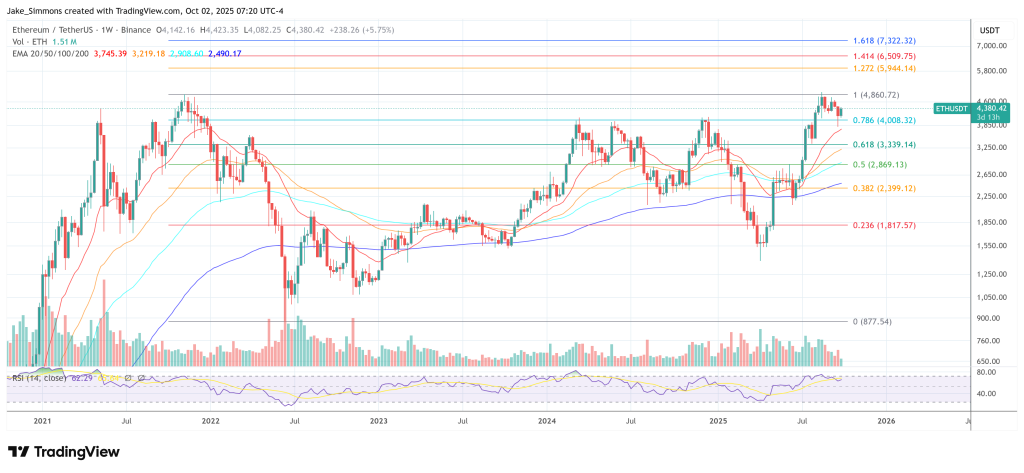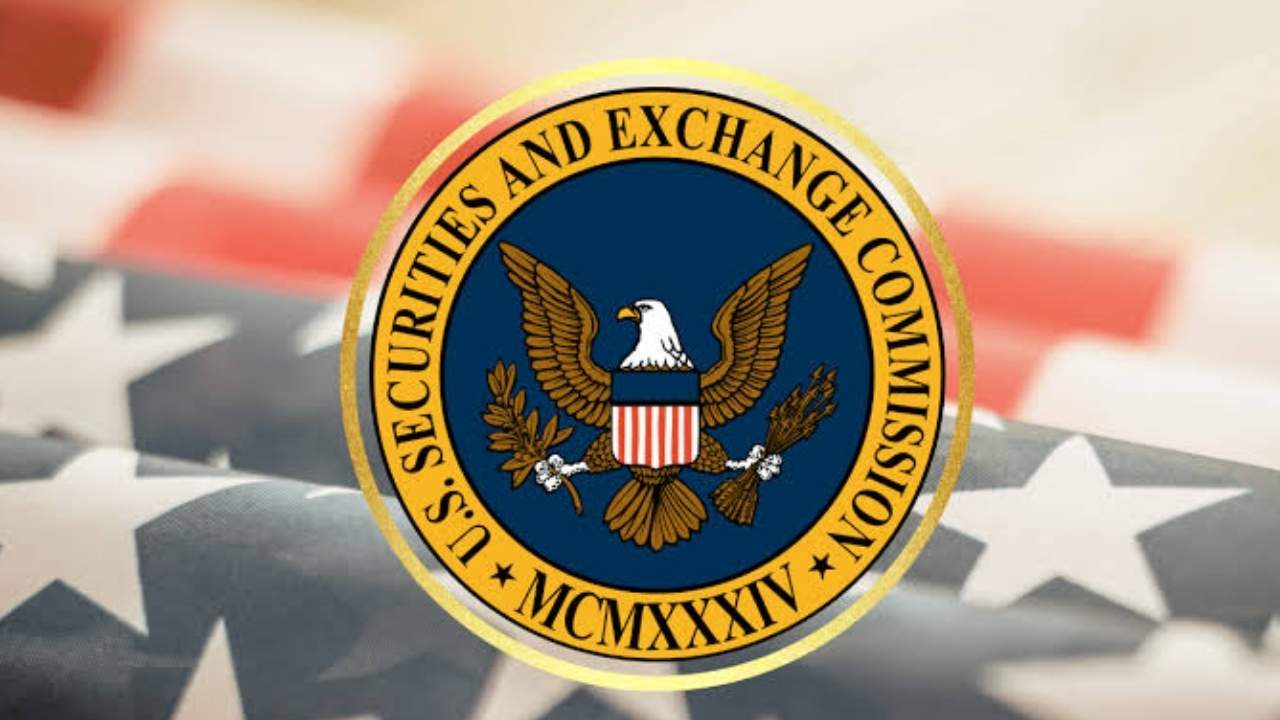Ethereum Foundation Unveils Next Phase Of Its Privacy Revolution
The Ethereum Foundation (EF) has formalized a new leadership structure for its privacy program, elevating privacy from a set of parallel initiatives to a coordinated “Privacy @ EF” cluster that is explicitly organized around real-world use cases and deployability.
Ethereum Makes Privacy A Priority
In an October 1 post titled “Privacy Cluster Leadership Announcement,” EF said it is “organizing for scale and impact,” naming longtime ecosystem builder Igor Barinov as the coordinator of Privacy @ EF and Andy Guzman as the new coordinator of the PSE (Privacy & Scaling Explorations) team, succeeding Sam Richards. “Together, Igor and Andy will help ensure Ethereum’s privacy work is impactful, coherent, and accountable,” the Foundation wrote.
The announcement reframes EF’s privacy mission as three concrete pillars—“Private Reads,” “Private Writes,” and “Private Proving”—that directly map to user and institutional needs. Private Reads targets surveillance-resistant querying, authentication, and browsing; Private Writes focuses on shielding actions such as payments, governance, and transfers; and Private Proving aims to make proofs “efficient, portable, and usable across contexts like identities, data portability, and client-side proving.”
EF links these pillars to practical compliance and safety requirements, arguing they are “necessary for institutions to comply with data protection standards,” help individuals avoid metadata leaks, and “shield our private financial information.”The Foundation is explicit that privacy will no longer be treated as an abstract research track divorced from shipping software.
“For Ethereum to become a foundation for civilizational infrastructure, privacy cannot be abstract research alone. It must be organized, resourced, and deployed at scale,” the post states—an unusually direct articulation of the program’s end goal and a signal that the cluster will be judged on delivery as much as on research output.
The post closes with a blunt credo—“Privacy is normal, and Ethereum is for privacy”—and an open invitation for builders to connect with Barinov and Guzman and to explore a catalog of “700+ projects” in the on-chain privacy space.
Barinov, best known for founding Blockscout, Gnosis Chain, and zkBob, brings a mix of infrastructure, open-source stewardship, and applied privacy product experience. Guzman, who has been with PSE/EF since 2022, moves from strategy and product leadership into the top operational role for PSE, which EF describes as spanning applied cryptography, research, and engineering.
Substantively, the cluster model is designed to integrate ongoing work on privacy-preserving computation with Ethereum’s public verifiability guarantees. While the post does not enumerate specific deliverables or dates, its emphasis on “portable” and “usable” proving, institutional compliance, and metadata-minimizing reads implies a roadmap that extends beyond shielded transfers toward end-to-end private user journeys—identity, access, payments, and governance—compatible with L1/L2 designs and client-side proving patterns that have been maturing across the ecosystem.
At press time, ETH traded $4,380.

You May Also Like

SEC Approves Generic ETF Standards for Digital Assets Market

Ethereum Millionaires’ Focus Turns Towards Ozak AI Presale
